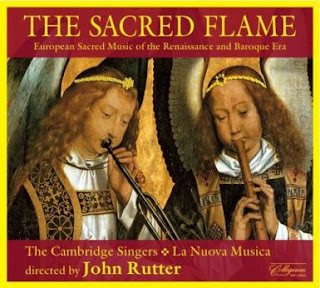Search This Blog
Early music and more by Edward Breen
Where possible, review entries are linked to their original publication.
Posts
Showing posts from April, 2009
The Sacred Flame: European Sacred Music of the Renaissance and Baroque Era
- Get link
- X
- Other Apps
Eccles: The Judgment of Paris; Three Mad Songs
- Get link
- X
- Other Apps

